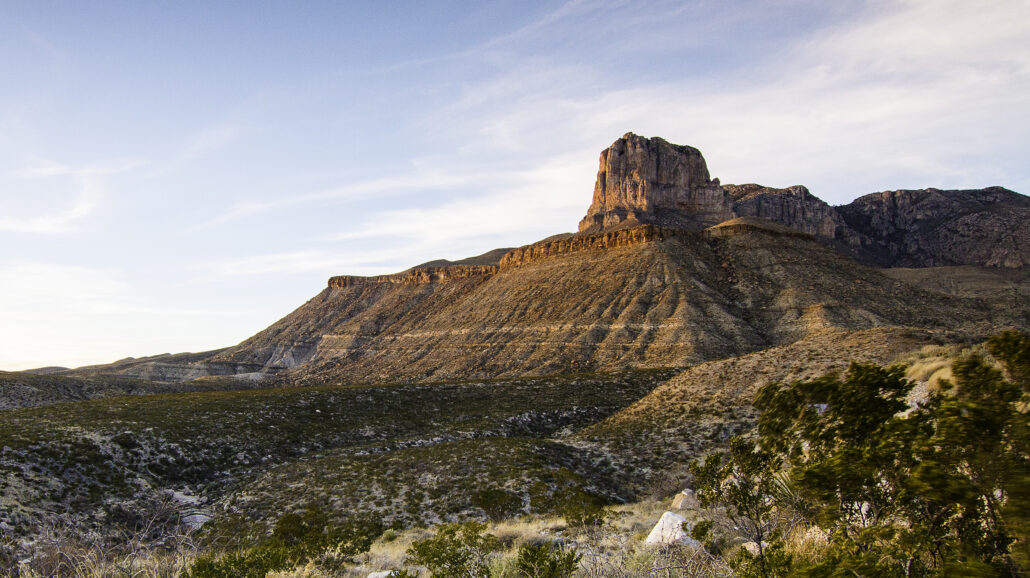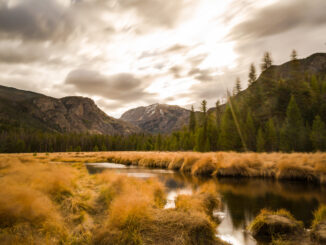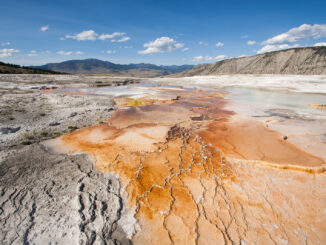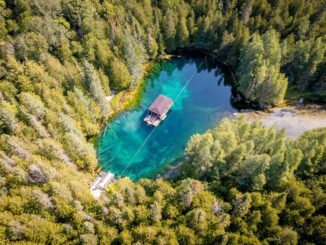
Another government shutdown threatens to shutter America’s national parks.
Lawmakers in Washington, D.C. are scrambling to avert a federal government shutdown that could force hundreds of national parks, national monuments, and national wildlife refuges to close their doors to visitors.
The last time the national parks were closed because of gridlock in Washington was in 2013 when then National Park Service Director Jonathan Jarvis made the decision to close the parks to avoid damage to America’s natural heritage.
The federal government could shut down on October 1st unless Congress passes a new spending plan or extends current budgets.
In an interview with Outside, Jarvis said he would recommend the parks’ closure this time around, too. A shutdown results in millions of federal employees either becoming furloughed or forced to work without pay, including national park rangers. Jarvis argued that it would be very difficult for the parks to prevent damage and pollution while operating on unpaid skeleton crews.
Still, some argue that there is no need for the national parks to close. In an open letter sent to Department of Interior Secretary Deb Haaland, U.S. Senator John Barrasso, a Republican representing Wyoming, argued that Congress has already passed legislation that authorizes the park service to keep Yosemite, Yellowstone, North Cascades, and other scenic attractions open for tourists hoping to enjoy the fall colors.
“I write to urge you to use the authorities Congress granted you in the Federal Lands Recreation Enhancement Act (FLREA) to keep the national parks and other public lands open and accessible in the event of a government shutdown,” Senator Barrasso says in the letter. “FLREA authorizes you to retain funds from the collection of fees and to use those funds for various purposes, including visitor access and services, public health and safety, and law enforcement related to public use and recreation.”
Barrasso pointed out that the majority of national parks remained open during a late 2018-early 2019 federal government shutdown due to FLREA. “In previous years, it has been demonstrated that these funds can be successfully utilized to keep public lands open during a lapse in appropriations.”
Senator Barrasso serves on the Senate Energy and Natural Resources committee.
The National Parks Conservation Association warns that it’s very possible the national parks could be closed beginning next month, with or without FLREA. NPCA says federal law may mandate their temporary closure, which would last until Congress passes new spending authorizations.
“If Congress fails in its duty to pass a new funding bill before the government’s fiscal year ends Sept. 30, all monuments, historic houses, battlefields, and other units of the park system are at risk of closing October 1st,” the group said in a release. “That’s because these spaces aren’t permitted to operate on funds not yet approved by Congress.”
Temporarily closing the parks would result in a big hit to the National Park Service. NPS data suggests that the service would stand to lose about $70 million per day from uncollected October entrance fees. Communities that rely on national park tourism would also take a hit.
Regardless, NPCA agrees with ex-NPS Director Jarvis. The non-profit says it recommends closing the national parks in the event of a US federal government shutdown.
“NPCA strongly supports closure of all parks in the event of a shutdown until an agreement can be reached to fund the government, including the National Park Service,” they said. “As unfortunate as that would be, it is the only way to protect the health and safety of park visitors and wildlife and the integrity of our most precious natural and cultural resources.”
©2025 Public Parks



